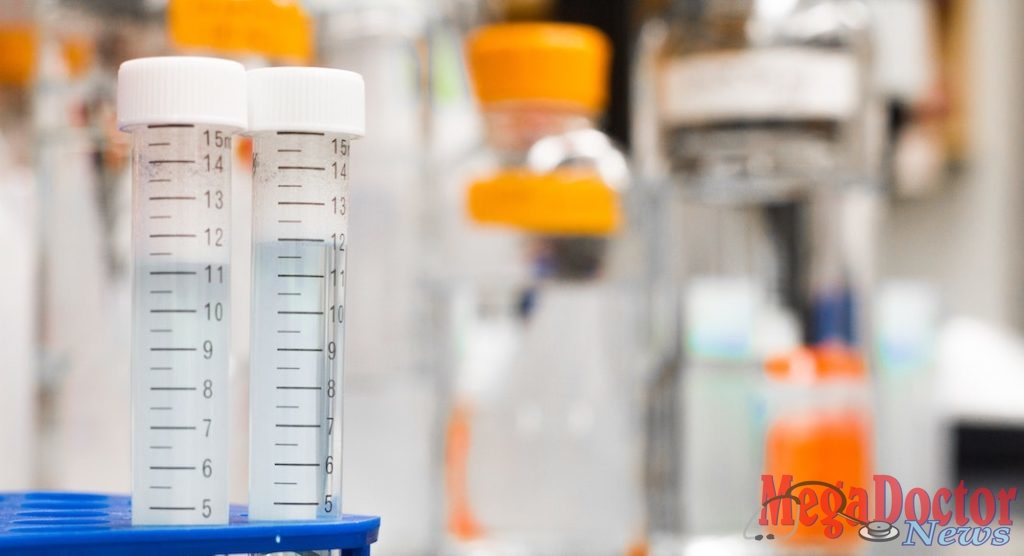
Mega Doctor News
With the internet full of promotions hawking dozens of different lab tests for COVID-19, Texans rightfully might wonder what those tests measure and what the results mean. And as many Texans begin to mingle with each other after six weeks of extreme social distancing, the need to get tested for the virus is growing.
While the Texas Medical Association (TMA) recommends that patients get COVID-19 tests only at the direction of a physician, the association’s newly released COVID-19 Quick How-To Testing Guide for Outpatient Clinics offers some basic information all Texans should understand.
The Quick How-To Testing Guide examines the two most common COVID-19 test types, the PCR (molecular) test – which is most often administered with a swab in the patient’s nasal cavity – and the serology test (also known as an antibody or antigen test), which uses a patient’s blood sample. The guide:
- Lists PCR tests as “the most accurate” tests currently authorized by the U.S. Food and Drug Administration (FDA), and
- Emphasizes the serology test “should not be used as the sole basis to diagnose” COVID-19.
David L. Lakey, MD, a member of the TMA COVID-19 Task Force and vice chancellor for health affairs for The University of Texas System, said the PCR test detects the virus in the body. “The test that most doctors need right now is the PCR test. The PCR test will help them determine whether a patient, in their clinic right now, is infected with COVID-19,” Dr. Lakey said.
On the other hand, the TMA guide notes the accuracy of antibody testing is “varied and uncertain,” and the U.S. Centers for Disease Control and Prevention recommends a follow-up with a PCR test for more accurate results. Dr. Lakey said a single positive COVID-19 serology test result, meaning the patient was exposed to the virus and now has antibodies for COVID-19, would not guarantee the patient is immune from getting the virus later.
“We don’t know yet that a [positive] antibody test means the person is protected from the virus in the future,” Dr. Lakey said. “That’s information that’s going to have to be sorted through over the next year.”
The TMA COVID-19 Task Force released the Quick How-To Testing Guide to help physicians understand what tests are available, how to check to see if a test is authorized by FDA, and where to access testing, and it provides guidance for payment.
TMA’s guide also cautions physicians to confirm their test kits have FDA Emergency Use Authorization (EUA). If the test does not have a EUA, it has not been fully validated.
Dr. Lakey says if doctors in outpatient clinics get more information, the state’s COVID-19 testing capacity will improve.
“Primary care physicians are on the front lines, and they have patients coming in with symptoms that are consistent with COVID-19. Hopefully, the How-To Testing Guide for Outpatient Clinics will simplify the process,” Dr. Lakey said. “They will know what different types of tests can be helpful, where they are not, and what tests they can rely upon.”
TMA is the largest state medical society in the nation, representing more than 53,000 physicians and medical student members. It is located in Austin and has 110 component county medical societies around the state. TMA’s key objective since 1853 is to improve the health of all Texans.










